On March 27, Hanoi Children's Hospital reported that doctors there had saved a 2-day-old newborn with type C esophageal atresia, severe pneumonia, and a small ductus arteriosus. This is a critical situation that directly threatens the newborn's life if not treated promptly.
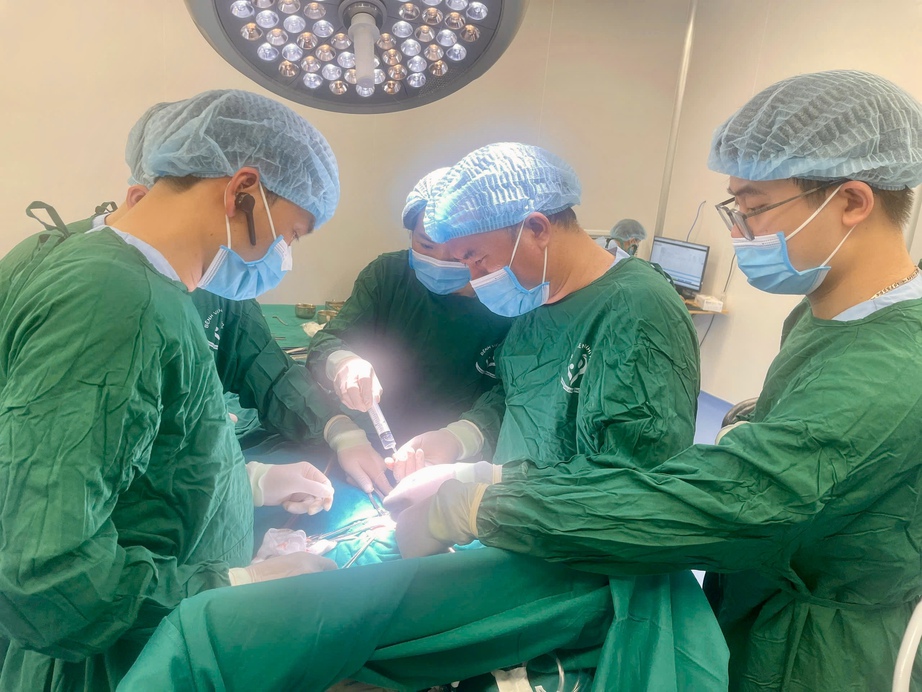
Timely surgery saved the life of a 2-day-old baby.
Immediately upon admission, the doctors of the Neonatal Department held an interdisciplinary consultation: the Neonatal Department, the General Surgery Department and the Anesthesia and Resuscitation Department, and conducted in-depth diagnosis through tests such as: esophageal X-ray with contrast, echocardiography.
Faced with the critical condition, the surgical team led by Master, Doctor, II Tran Van Quyet, Head of the General Surgery Department, performed emergency surgery. The surgery involved complex techniques including finding and cutting the tracheoesophageal fistula, then connecting the esophagus end-to-end to re-establish the continuity of the digestive tract.
According to Dr. Quyet, this surgery encountered many difficulties. First, the patient was only 2 days old and weighed 3kg, making the anesthesia and resuscitation process challenging. In addition, although the approach was open surgery, because it was a newborn, the surgical space was extremely narrow, the incision was only about 5cm long, requiring absolute precision in each operation. In particular, the damage caused by type C esophageal atresia was very large, identifying and removing the tracheoesophageal fistula was difficult because the tissues were very small and fragile.
After many hours of effort with the high concentration of the surgical team and close coordination between the three departments, the surgery was successful. The baby had a successful surgery in one stage, avoiding dangerous complications that could have threatened his life.

The child recovered spectacularly after surgery.
After the surgery, the baby continued to be monitored and given special care by the Neonatal Department to ensure the best recovery. Doctors actively resuscitated the baby with measures such as maintaining mechanical ventilation to control the risk of pulmonary hypertension, intravenous nutrition to ensure adequate nutrition, and closely monitored complications such as infection and anastomotic leakage.
The baby's condition is progressing well. The baby has been taken off the ventilator and switched to non-invasive oxygen therapy. The pneumonia has improved significantly and the baby is preparing to have the drain removed so that he can start eating.
According to Dr. Tram Anh, Department of Neonatology, the success in saving the life of this newborn patient was achieved thanks to three important factors: Early diagnosis, timely surgery and active post-operative resuscitation. Early detection and treatment helped the baby overcome danger.
Dr. Tram Anh also recommends that if a newborn shows abnormal symptoms such as increased salivation, foaming at the mouth, cyanosis at the first feeding, coughing, vomiting immediately after birth, etc., parents need to closely monitor and take the baby to a specialized medical facility for timely examination and intervention.
Esophageal atresia and stenosis are dangerous congenital malformations, but if diagnosed early, operated on promptly and given good post-operative care, the child can fully recover and develop healthily.
Source: https://www.baogiaothong.vn/cuu-song-tre-so-sinh-2-ngay-tuoi-mac-teo-thuc-quan-nguy-kich-192250327151525211.htm




![[Photo] Prime Minister Pham Minh Chinh chairs meeting to remove difficulties for projects](https://vstatic.vietnam.vn/vietnam/resource/IMAGE/2025/3/30/7d354a396d4e4699adc2ccc0d44fbd4f)
![[Photo] Ministry of Defense sees off relief forces to the airport to Myanmar for mission](https://vstatic.vietnam.vn/vietnam/resource/IMAGE/2025/3/30/245629fab9d644fd909ecd67f1749123)



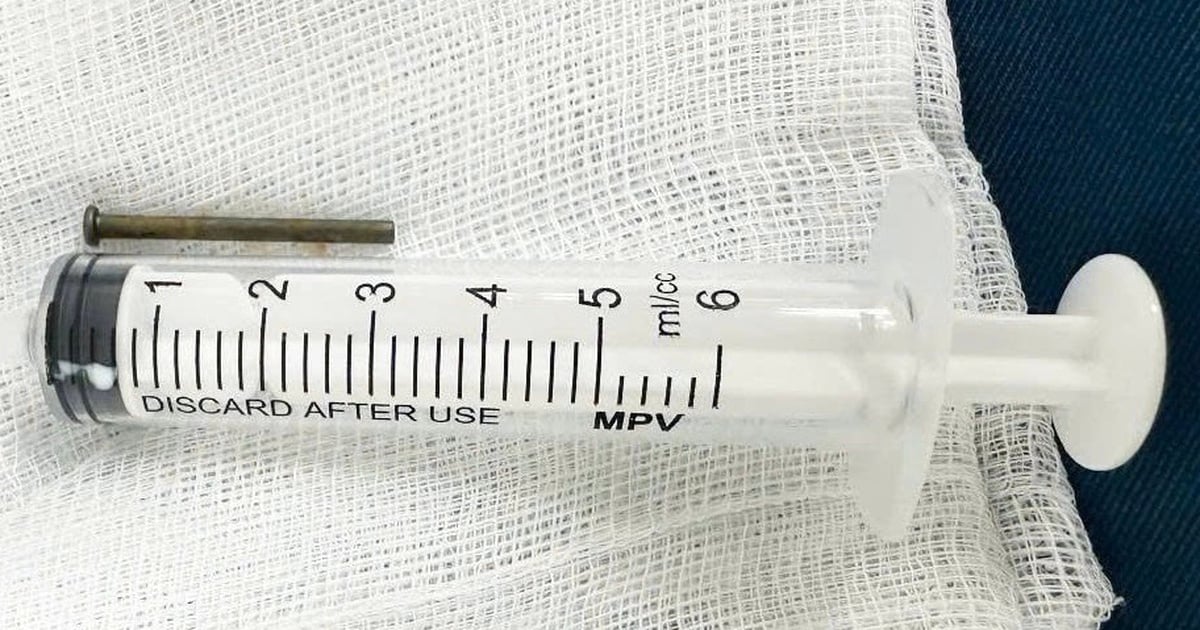

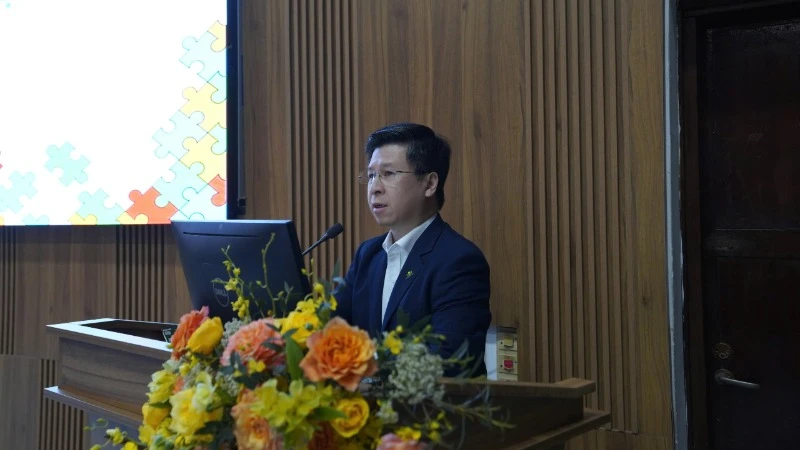
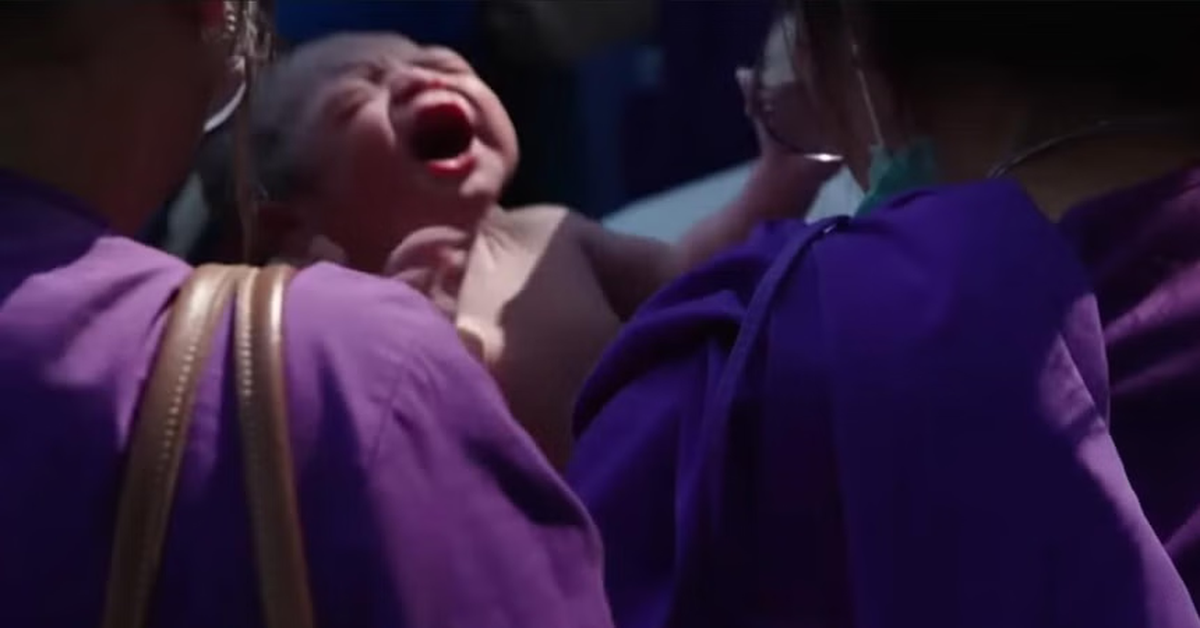
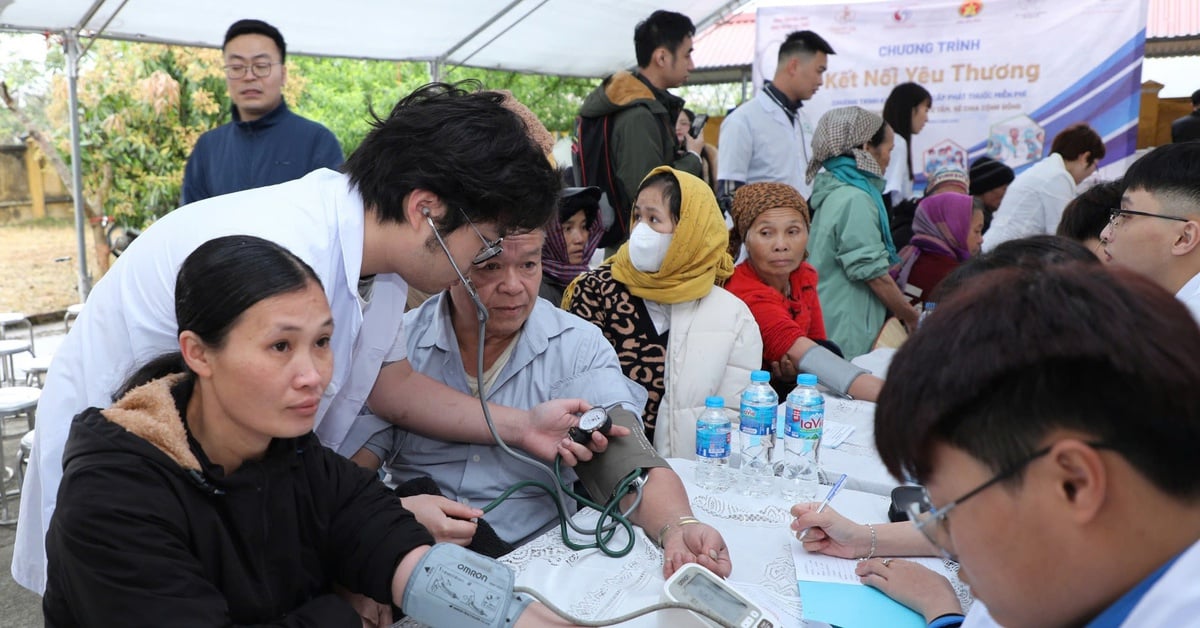



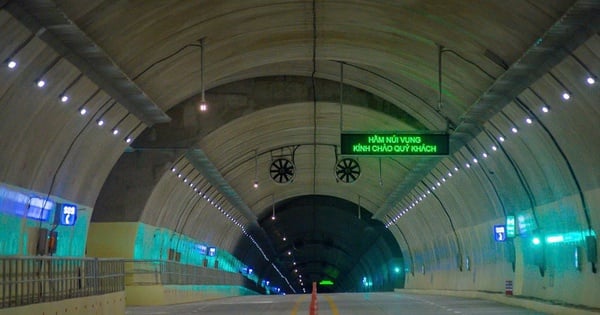


























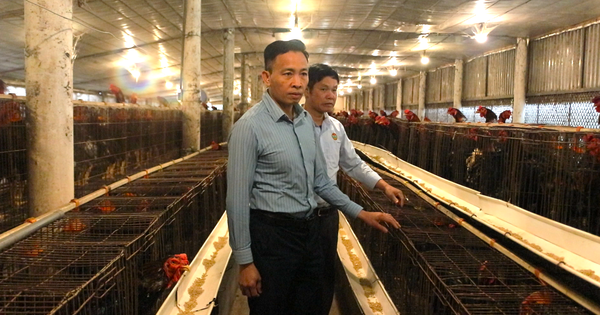



























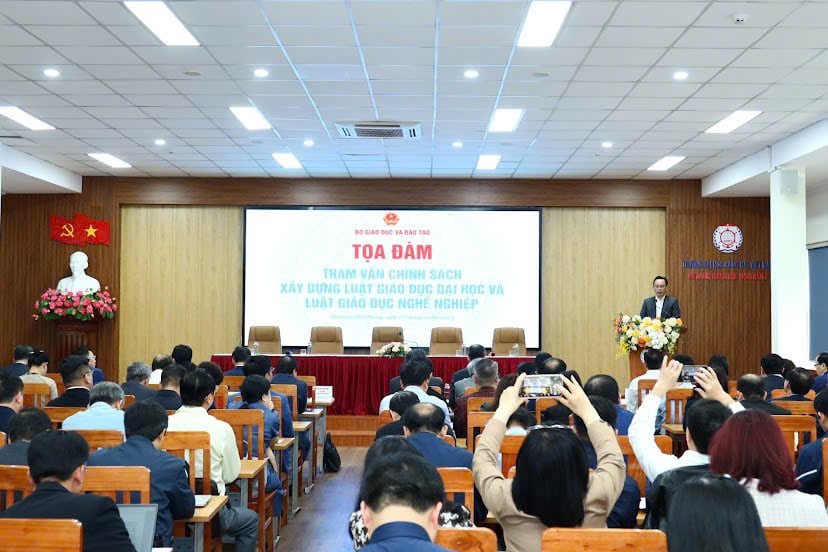







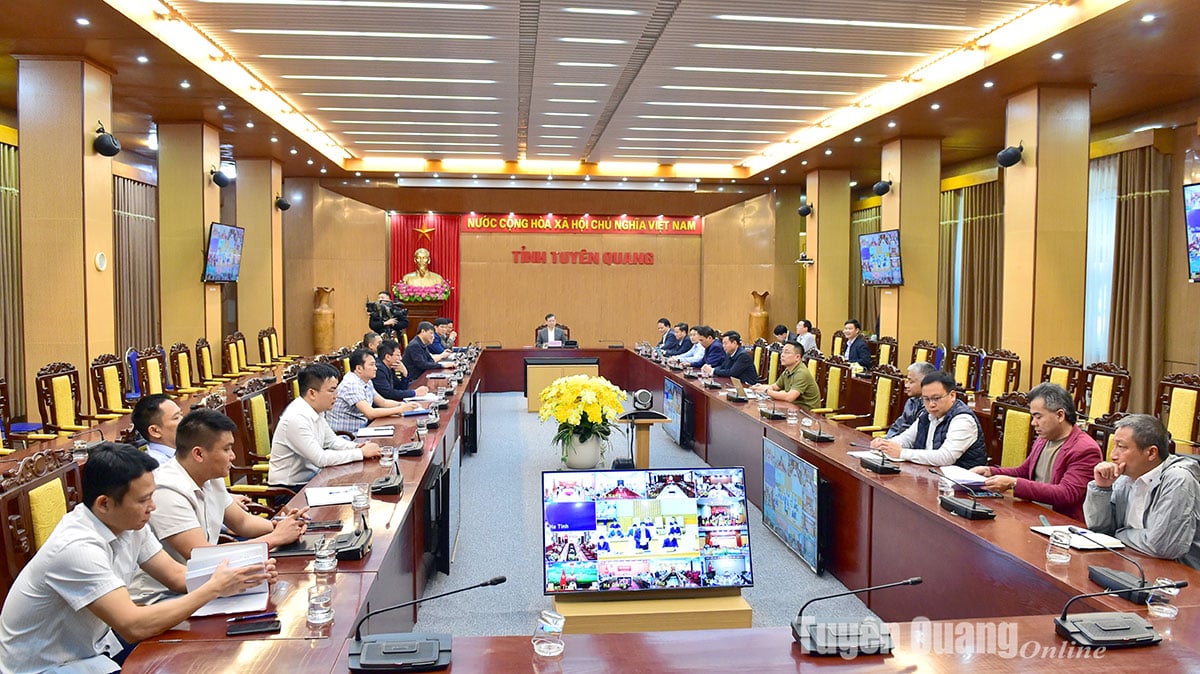



![[REVIEW OCOP] An Lanh Huong Vet Yen Cat](https://vstatic.vietnam.vn/vietnam/resource/IMAGE/2025/3/27/c25032328e9a47be9991d5be7c0cad8c)







Comment (0)